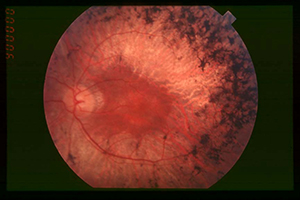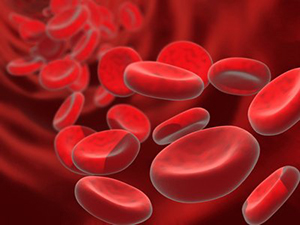 |
|
There are some medications, such as the antibiotics tetracycline, that may result in internal staining of the teeth. |
The production and use of methamphetamines, which is a strong stimulant drug, is an increasing problem in the United States.
The common street names for this highly addictive and legal street drug are crystal, quartz, crank, speed, meth, and ice.
It is also known as poor man’s cocaine. Methamphetamine use will result is serious problems to your teeth and mouth.
The mouth of a methamphetamine user is often called meth mouth because of the tooth decay that it represents. The users of this dangerous drug often have decay that is so terrible that the teeth must be extracted because they can’t be saved.
The users of methamphetamines suffer considerable damage to their dental health in many different ways. Methamphetamines dry the protective saliva up from around the teeth.
Methamphetamines users will usually grind and/or clinch their teeth. The acidic contents of methamphetamines sometimes contain ingredients such as over-the-counter cold medicines that contain ephedrine, lye, hydrochloric acidic, drain cleaner, antifreeze, lantern fuel, and battery acid, all of which can damage teeth.
The high from the methamphetamine will last for approximately 12 hours and, during this time, the user probably won’t floss or brush and leave substances of a sugary nature on their teeth for this period of time. During the 12-hour high that the methamphetamine causes, the user will experience a craving for sweet beverages that are carbonated and bed for the teeth.
There isn’t much that a dentist can do for a user of methamphetamines other than pull their teeth. The only other thing that a dentist can do is to try to offer a resource such as a drug counseling service and educate the methamphetamine user on the effects of the drug. But the treatment for methamphetamine addiction is usually an ongoing, long, and slow process.
There are also some medications such a heart drugs and antidepressants that may reduce the flow of saliva in your mouth. Because saliva protects your gums and teeth from infection, a lack of it increases the risk of gum disease.
There are some medications, such as the antibiotics tetracycline, that may result in internal staining of the teeth. Depending on the age of the user, other drugs can also cause staining.
These drugs include antihistamines, antidepressants, and oral contraceptives. The chronic use of blood thinners, such as an anticoagulant like warfarin or heparin or an antiplatelet drug like aspirin can result in bleeding gums.
Other things that can cause bleeding gums include the interaction between some medicines, such as herbal preparations, over-the-counter medications, and prescriptions, radiotherapy or chemotherapy, arsenic, lead, and mercury.
In addition, there are several drugs that may damage the teeth of children younger than seven and in fetuses. These drugs include tetracyclines, such as oxytetracylin, minocycline, and doxycycline.
These reactions happen since tetracyclines bind to calcium phosphate and allow the drug to be absorbed by the teeth. This damages the tooth’s dental enamel and causes brown/yellow discoloration, pitting, and can result in the susceptibility to dental cavities.

|










